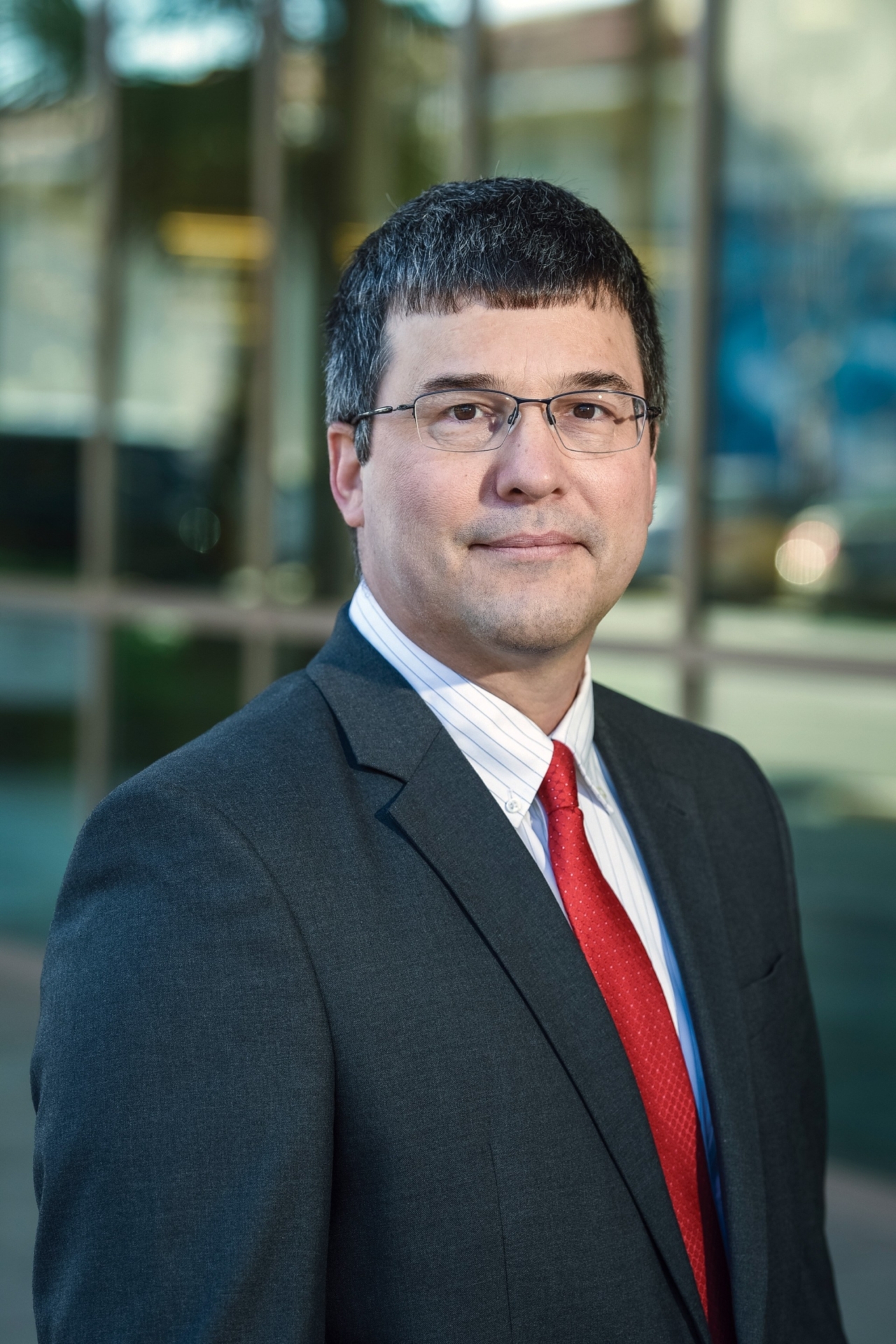Brian Clocksin, PhD, is the vice provost for strategic initiatives for the University of La Verne. He leads the academic planning for the new College of Health and Community Well-Being—the transformational initiative of the university’s 2025 Strategic Plan—which launches this summer.
What does the term “well-being” mean? How is it different than health?
If we look at the technical definition of health as the absence of disease, we start to realize that there’s more to being healthy than that. The term well-being started to get traction as research looked beyond a single definition of health. More and more, we’re seeing interplay between those two words as meaning a holistic approach between multiple dimensions. Health has been somewhat narrowly defined as the absence of disease, where well-being looks at how these different dimensions are interacting, shaping, and influencing the overall health of an individual.
Why is a College of Health and Community Well-Being needed in this region?
We have to understand that there are different factors that impact the ability of people to be healthy and thrive in our region. We can do a lot of planning to, say, target individuals with diabetes, but if we do not change the foods served in our school systems, educate on nutrition, or change unhealthy environments people live in, then it is really hard for people to have changes in behaviors. It is the interaction between these cross-sectional aspects of well-being that need to be addressed in Southern California, and the College of Heath and Community Well-Being at the University of La Verne looks to determine what the interaction between these different terms of wellness mean as they play a role in ultimate outcomes.
There are other educational institutions in the region offering degrees in health fields. How is the University of La Verne distinctive?
Understanding the social determinants of health and health equity is what makes this college different. As a Hispanic-Serving Institution, we also aim to diversify the health workforce, as well as train students from our region to address critical needs that exist in Southern California.
When the new college opens this summer, what will it look like?
Offering health-related programs is not new to the University of La Verne. We have had health programs for the past 50 years. We will leverage our existing strengths in health by migrating nine current undergraduate and graduate programs into the new college. Additional new programs will be added beginning in the fall.
Will programs be offered at locations other than the La Verne Campus?
Yes. We will continue to utilize our regional campuses and online options. The first new program we will launch is an RN to BSN, which will be available fully online. This program will allow registered nurses to earn their Bachelor of Science in Nursing, which is increasingly important to have in the nursing field. Because the program is online, it will serve any student in California, and across the nation.
What partnerships will contribute to the success of the new college?
Partnerships are happening at multiple levels. For example, for the RN to BSN program, students earning their associate’s degree in nursing from our partner community colleges will be able to transfer in to receive their Bachelor of Science in Nursing here. We are also building partnerships with regional hospitals, medical offices, and other healthcare systems for student placements, and to help train and upskill their existing workforces.
Five years from now, what will the new college look like?
We will see our future and existing programs thriving and producing graduates able to impact our region in significant ways. We will have helped produce a diversified workforce and practitioners who have a deep understanding of cultural influences of health, social determinants of health, and how they can impact equity across the healthcare system.
